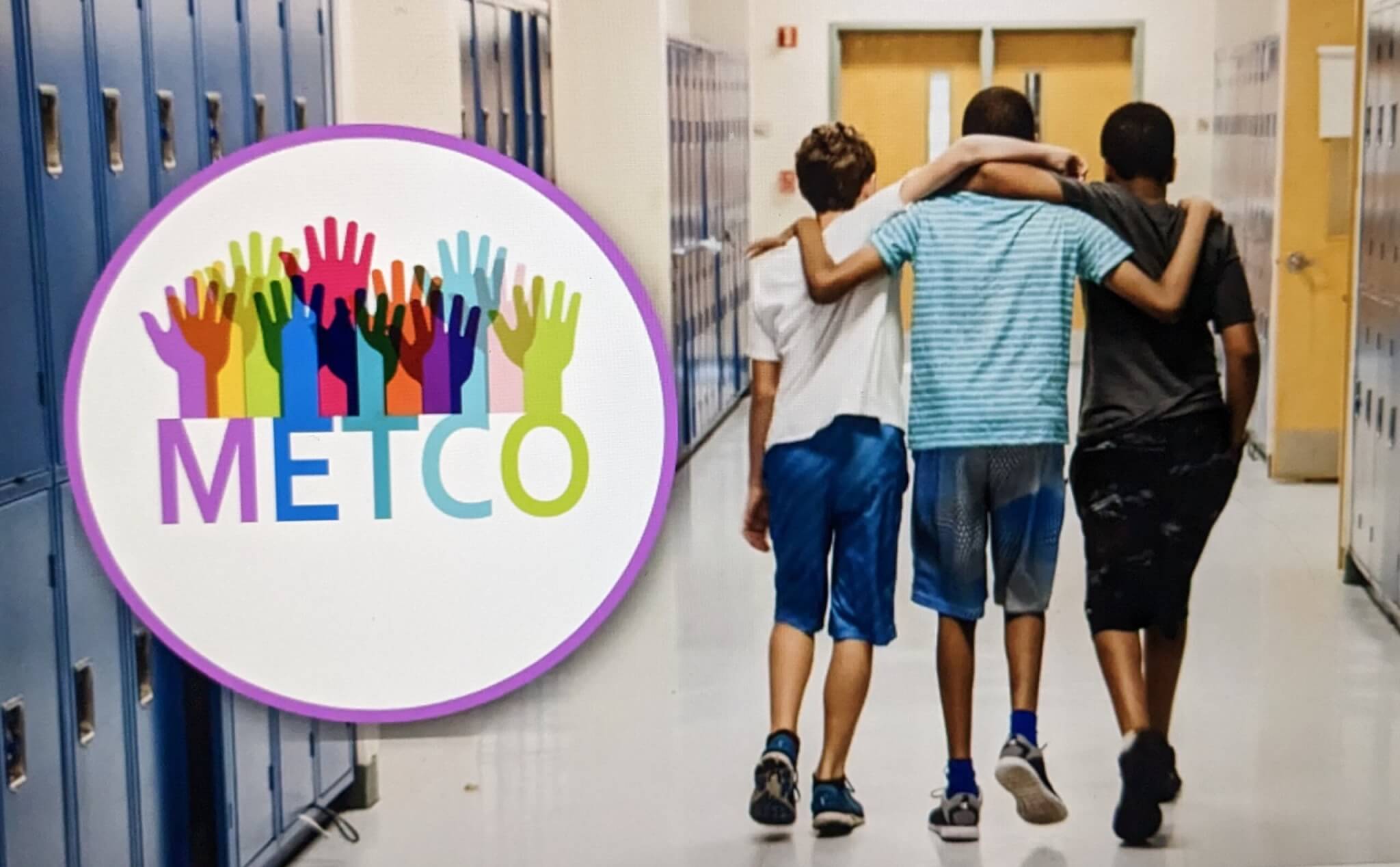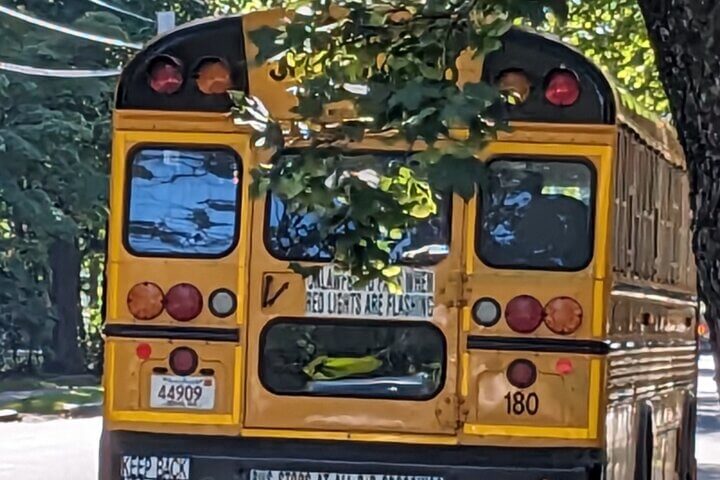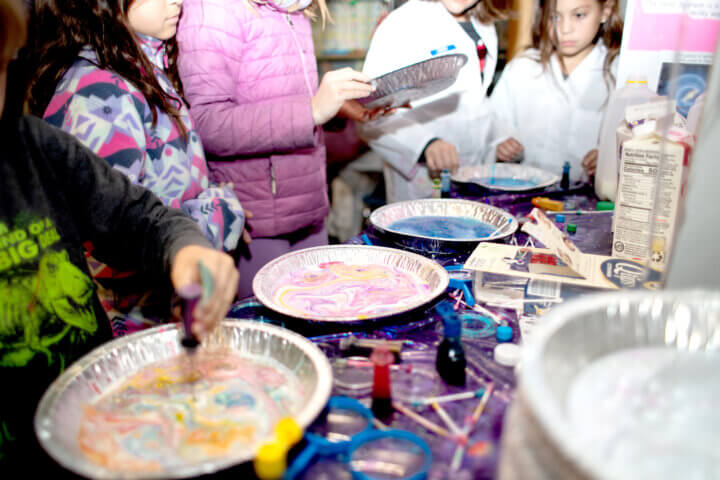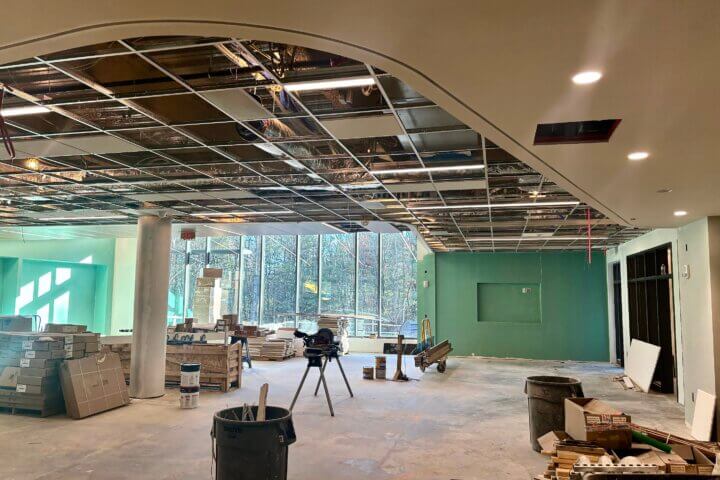The Concord School Committee traveled to Boston last month to hear from the Metropolitan Council for Educational Opportunity (METCO) President and CEO Milly Arbaje-Thomas, two weeks after the program celebrated its 57th birthday. Arbaje-Thomas painted a stirring picture of METCO’s past, present and future, including how its genesis on the heels of the civil rights movement fuels the program’s integration mission today.
METCO began as a grassroots integration effort by urban and suburban parents after the Boston School Committee refused to improve the condition of schools in black neighborhoods or comply with an act of legislation requiring an integration plan for demonstrably segregated schools.
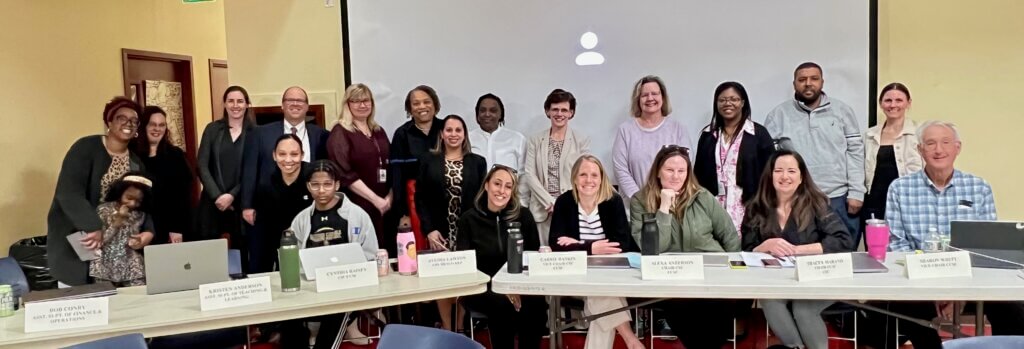
The problem extended beyond the city’s limits, however: while schools in Boston were racially segregated, predominantly white suburban schools were racially isolated, lacking diversity, she said. In 1967, METCO began bringing educational opportunities and diversity to urban and suburban students in what Arbaje-Thomas called “a win-win situation” for all involved.
Over 3,000 students in 33 districts participated in METCO last year, 122 of those in Concord and Concord-Carlisle schools. Looking ahead, Arbaje-Thomas hopes to expand enrollment in six districts, advocate for additional state funding and build upon existing support programming for the students and their families. Plans for a METCO documentary are underway as well, she said.
High School and K-8 METCO Directors Deb Jemison and Felicia Pasley then provided the school committee with a snapshot of the METCO program in Concord. They described a new affinity space for students to gather at the high school, new academic supports in place and actions taken to expand the students’ access to school events, sports, group activities and recreational activities. Starting this summer, incoming families will be paired with a veteran METCO family as well as a Concord family to support their transition, Pasley said.
“People say that the METCO program is a busing program… we’re not about busing in people… we’re moving people’s minds and hearts,” Arbaje-Thomas said. “Through participating we are appreciating diversity, breaking down racial barriers, learning together from each other and learning to be part of a global economy that is becoming more and more diverse,” she concluded.
The full school committee meeting and presentation is available online through Minuteman Media Network.


